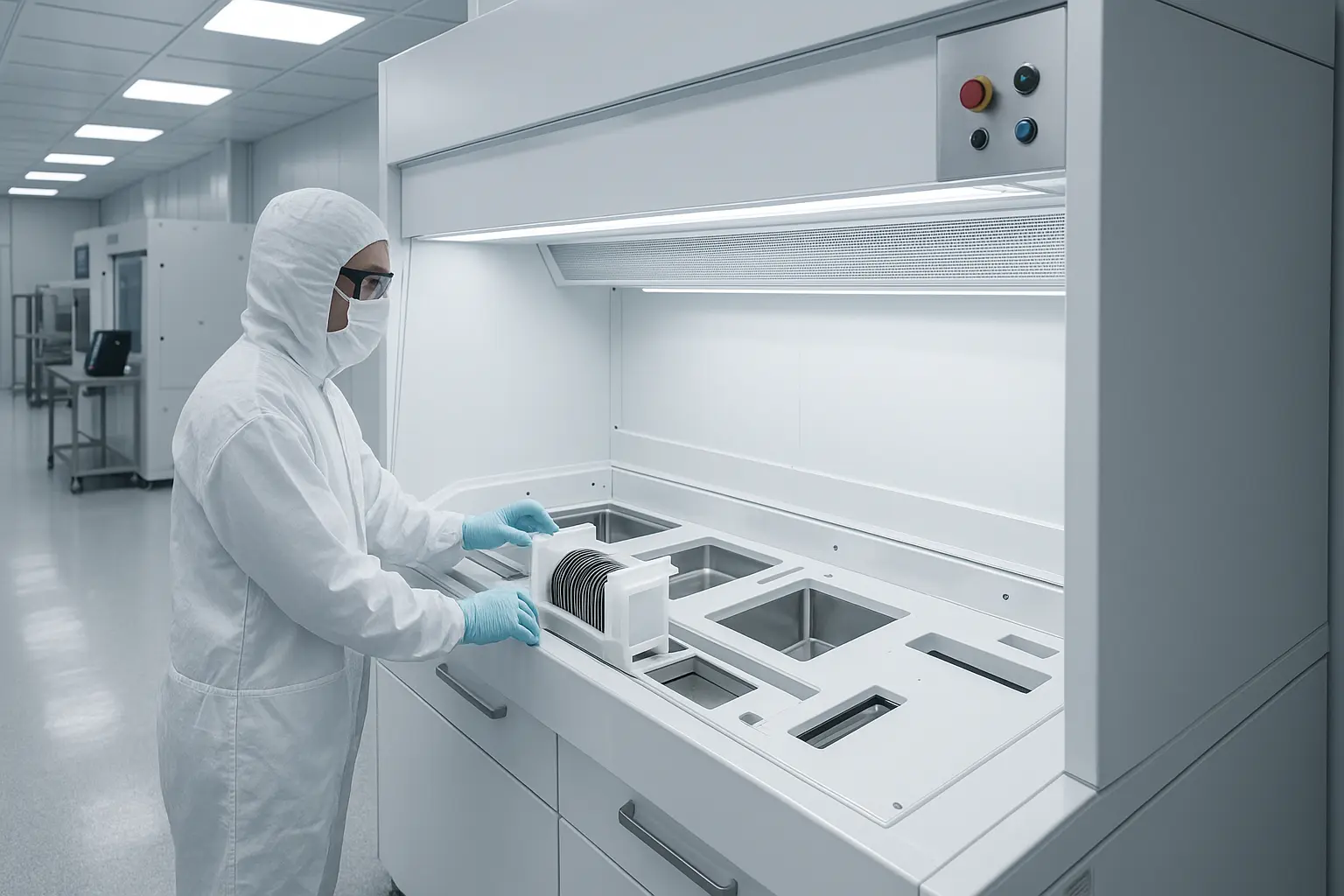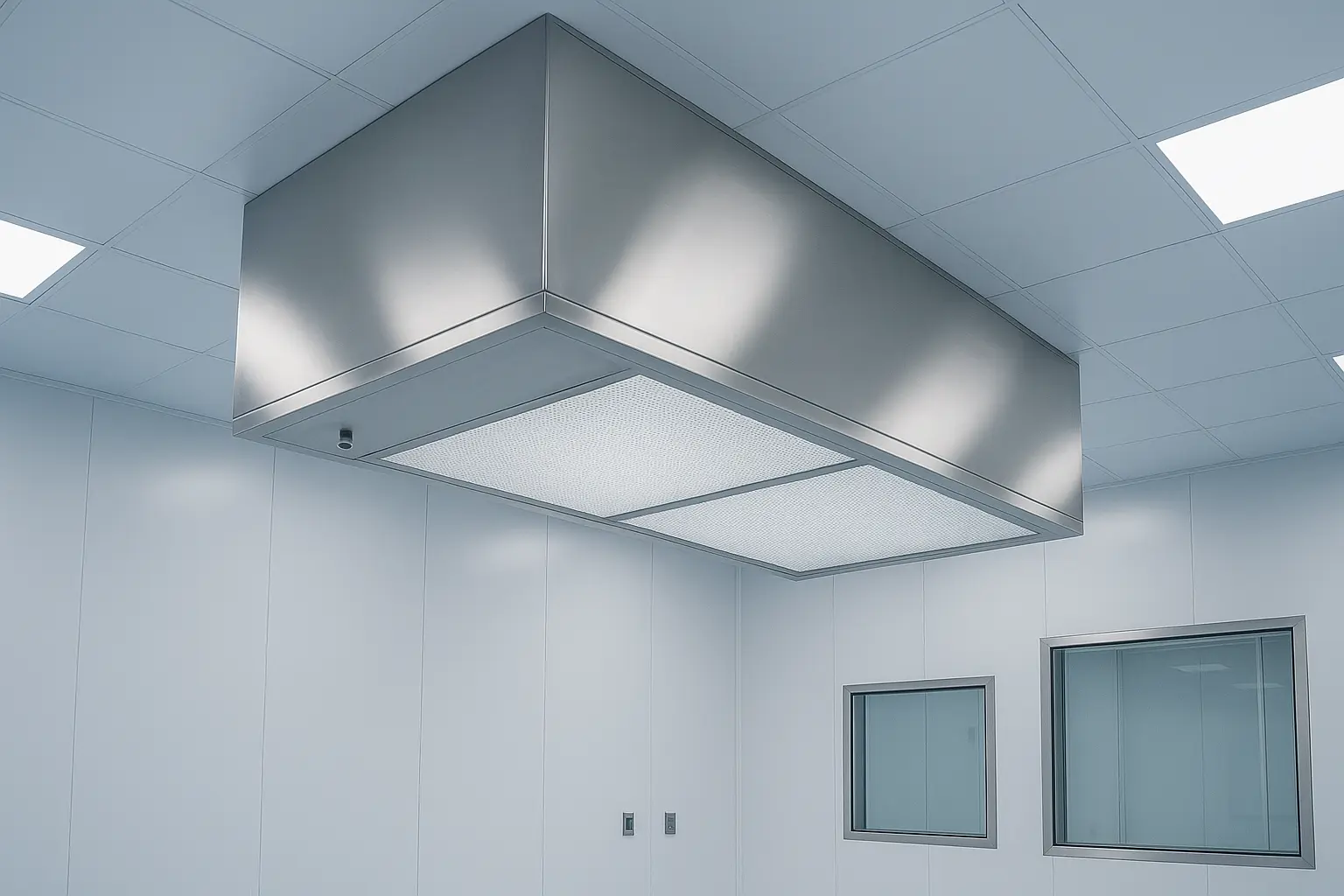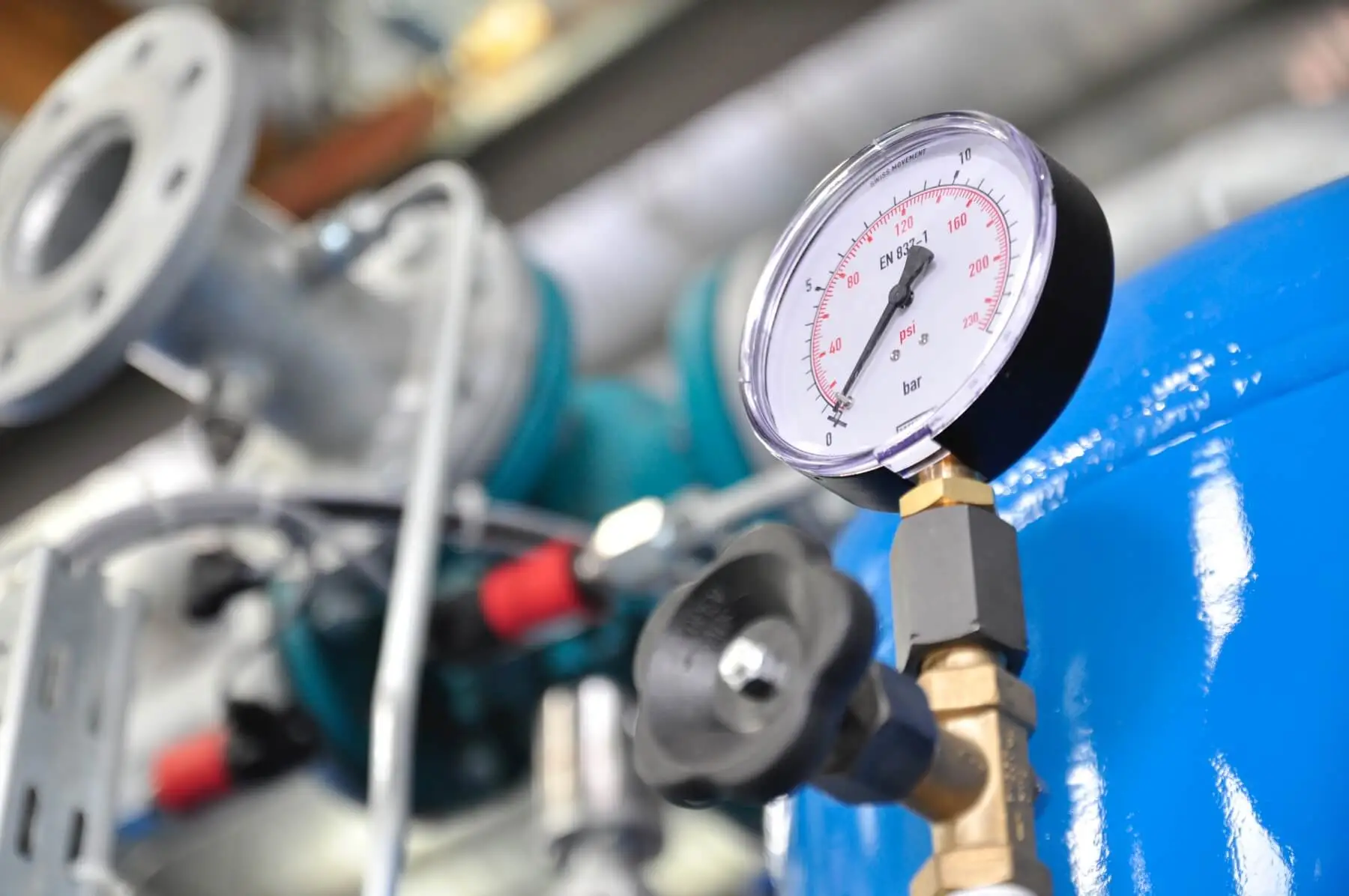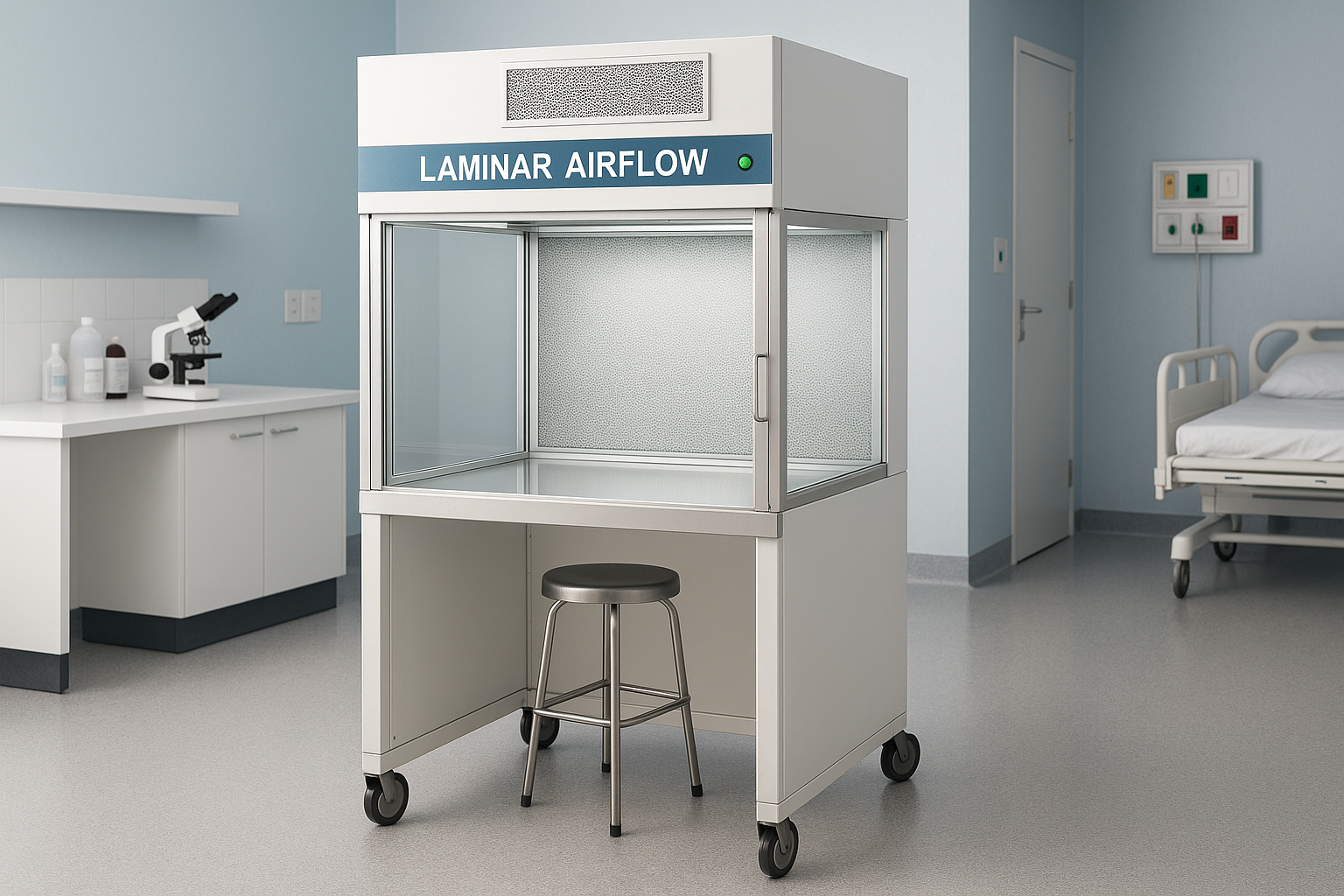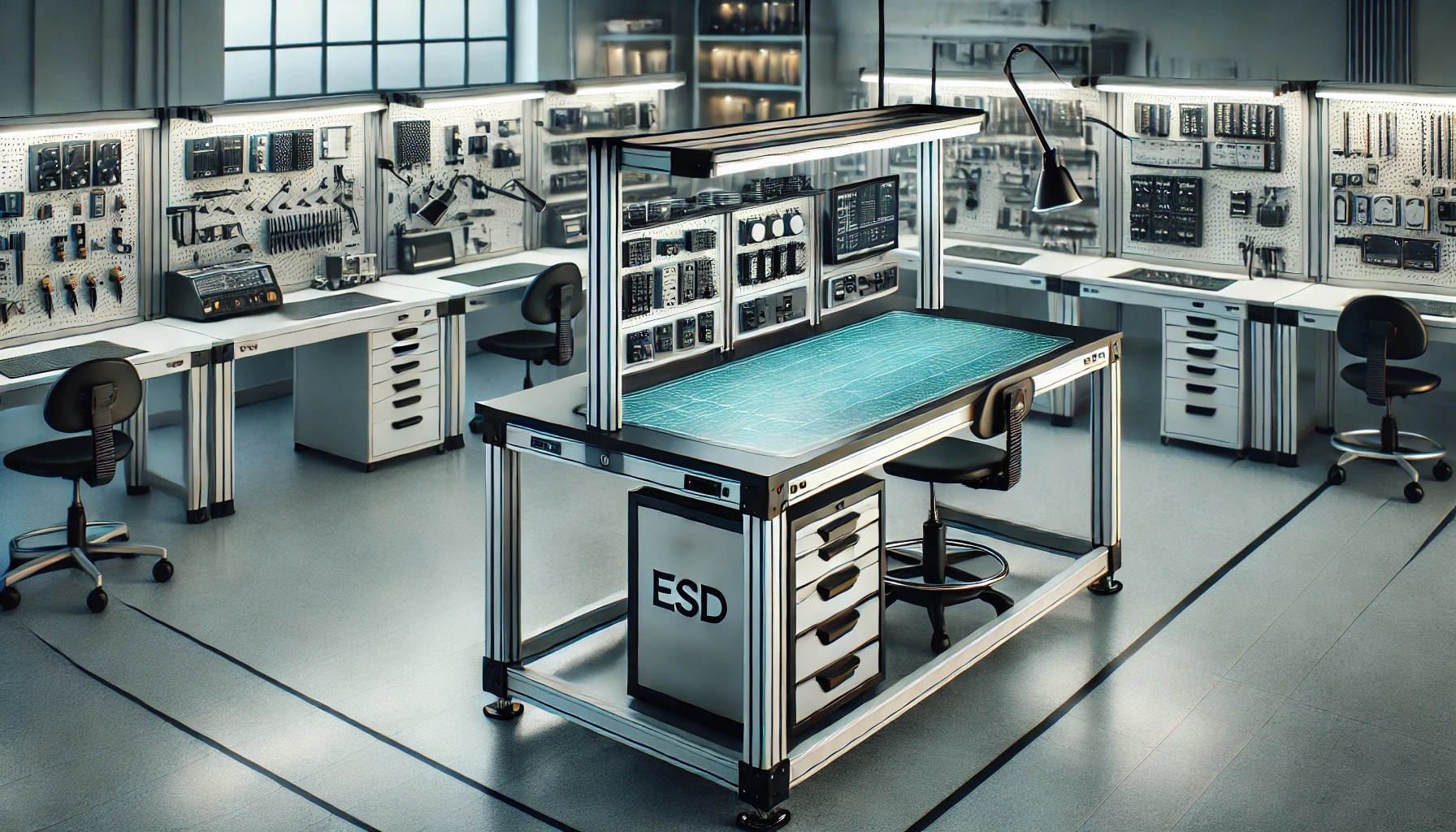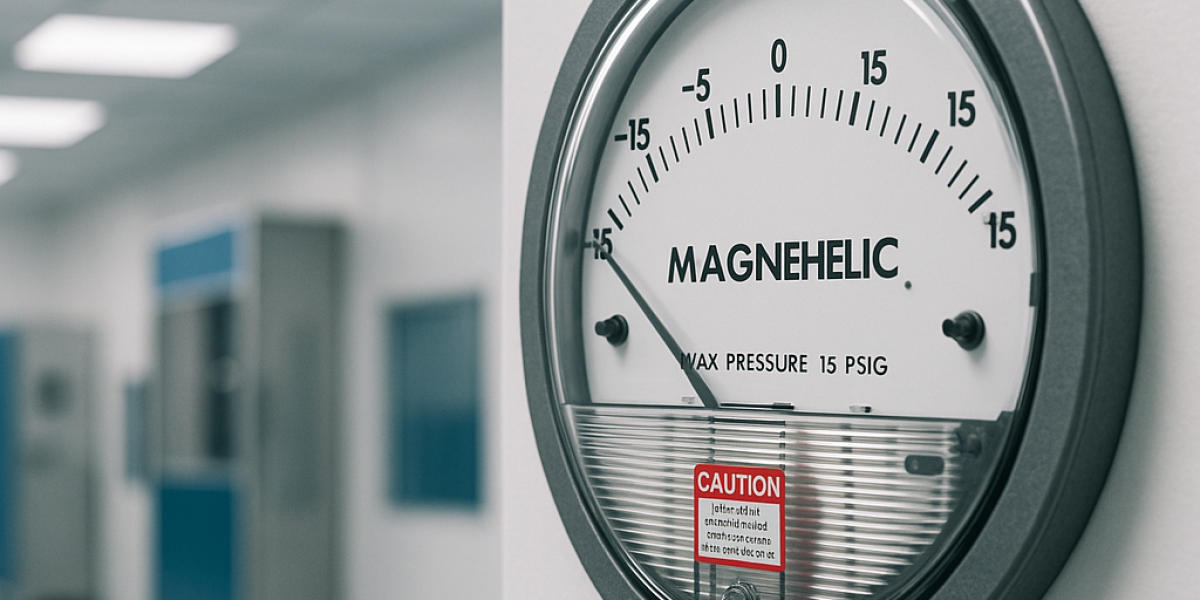
What Is a Magnehelic Gauge?
A Magnehelic gauge is a precision instrument used to measure differential pressure. It’s commonly used in cleanrooms, HVAC systems, and filtration setups, ensuring equipment runs within safe pressure limits.
Why Accurate Pressure Readings Matter
Accurate pressure readings are essential for system performance and safety. Even slight pressure fluctuations can impact equipment efficiency. Improper readings can lead to costly repairs or system failure. Reliable data ensures better decision-making and smooth operations.
The Role of Calibration in Accuracy
Calibration aligns your Magnehelic gauge with known pressure standards. Over time, sensors drift due to wear and environmental changes, causing inaccurate readings. Regular calibration ensures the device maintains its original accuracy.
Consequences of Uncalibrated Gauges
Uncalibrated gauges can cause severe issues. They may trigger false alarms or fail to detect real problems, resulting in unsafe working conditions or damage to equipment. Industries that rely on strict air pressure control, like pharmaceuticals and labs, face compliance risks.
How Often Should You Calibrate a Magnehelic Gauge?
Calibration frequency depends on usage and environment. For critical operations, calibrate quarterly or biannually. In less demanding settings, annual calibration may suffice. Always follow manufacturer guidelines and industry standards.
Professional Calibration vs. DIY
Professional calibration ensures precision using traceable standards. Certified technicians use advanced tools to adjust and test the gauge. DIY methods can be risky without the proper equipment or expertise. Trusting professionals guarantees accuracy and peace of mind.
Benefits of Regular Calibration
- Improves System Efficiency: Accurate pressure readings optimize system performance.
- Extends Equipment Life: Avoids strain and wear due to incorrect pressure.
- Ensures Regulatory Compliance: Meets industry and safety regulations.
- Reduces Maintenance Costs: Prevents problems before they escalate.
Signs Your Gauge Needs Calibration
- Fluctuating or unstable readings
- Drifting values over time
- Inconsistent system performance
- Passed calibration due date
Don’t wait for issues to surface. Preventive calibration is always more cost-effective.
Choosing a Calibration Service Provider
Select a provider with ISO certification and experienced technicians. Ensure they offer traceable calibration reports. Read reviews and check turnaround times. A reputable service protects your investment and ensures accuracy.
Conclusion: Accuracy Starts With Calibration
A Magnehelic gauge is only as good as its calibration. Neglecting it can lead to safety hazards and inefficiencies. Regular calibration ensures reliable readings, safe systems, and smooth operations.

